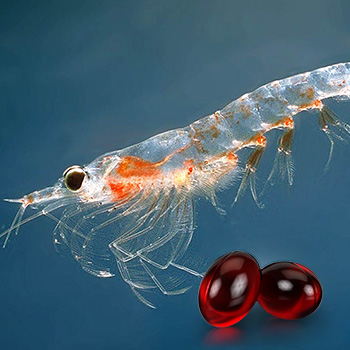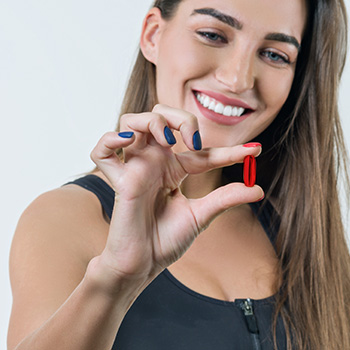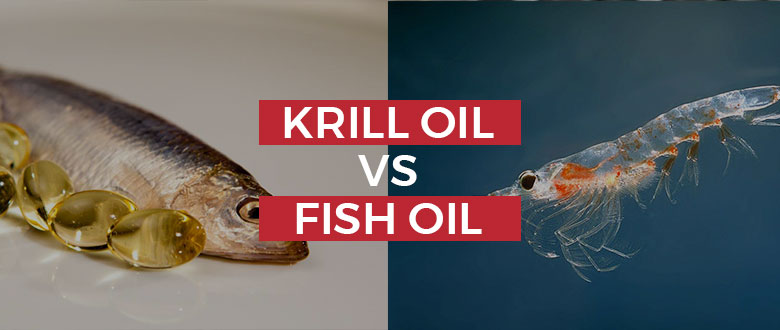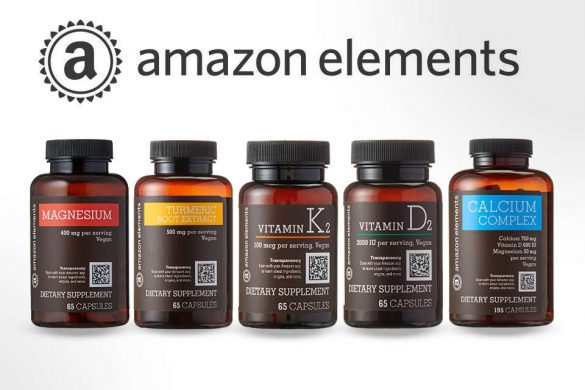One of the most common dietary supplements that people rely on is fish oil, and it has been a reliable source of crucial vitamins, minerals, and fatty acids for thousands of years. Taking it on a daily basis is known to provide many health benefits for digestion, immunity, and an even healthier looking appearance.
What I personally didn’t realize until my dietician pointed it out to me, is that krill oil is an even better option and one that has become a lot more common in health food stores. I’ve been taking it for several months now and decided to write up a quick post about why I made the switch.

Basically, it is the oil contained in oily fish like mackerel, cod, salmon, sardines, and tuna, which is extracted to allow for concentrated larger volumes to be taken. You can, of course, simply eat more fish to get your daily dose, but to get the maximum benefits you’ll need to eat quite a lot of fish every single day.
Benefits of Fish Oil
The large amount of omega-3 contained in fish oil has significant benefits for your heart and brain, but it also works as an anti-inflammatory. As a result, your digestion will work a lot more effectively, and your immune system will get a boost from a wide range of vitamins.
Recommended Dosage
While you really cannot take too much fish oil supplements, there will be a reduced benefit after you reach certain levels of the omega-3 fatty acids called EPA and DHA. You should aim to get about 300 to 500 mg of these fatty acids. Because fish oil is made up of about 30% fatty acids, you should aim for about 1,500 mg of fish oil to get your daily dose.
When Should You Take It?
Because there are basically no side effects, you can take fish oil any time of day. I generally take it first thing in the morning and then again with my evening meal. That way, I spread out the effects a bit more for maximum benefits.
Cons of Fish Oil
There are two big problems with fish oil that convinced me to switch to krill.
First of all, fish stocks in the oceans are already at unsustainably low levels, and farmed fish is not as nutrient rich. But more concerning from a health perspective is the fact that fish is increasingly contaminated with heavy metals through pollution.
What is Krill Oil?

Krill oil is extracted from a very common Antarctic cretaceous sea creature that looks like a very small shrimp. It feeds on surface plankton and is very rich in more than just omega-3.
Benefits of Krill Oil
While it contains less omega-3 fatty acids than fish oil, krill is actually incomparably more potent than fish oil when it comes to antioxidants as well as vitamins A, E, and D. And because it is highly sustainable and very low in heavy metals, you can take it without any health or environmental concerns.
Recommended Dosage
Krill has about half the amount of omega-3 compared to fish, which works out at about 14% of volume. That means that you’ll need to take about 3,000 mg of krill oil to get about 500 mg of omega-3.
When Should You Take It?
You would essentially take it at the same time you would usually take your fish oil. For me, this is first thing in the morning and then again in the evening with my main meal.
Cons of Krill Oil
One downside of krill oil is that it’s not as rich in omega-3, but it makes up through providing more vitamins and antioxidants. It’s also a bit more expensive, but it’s worth the peace of mind and lower environmental impact.
Can You Take Fish Oil and Krill Oil Together?
Yes, you can take fish oil and krill oil together, but there really isn’t that much benefit in doing this. You can get everything that fish oil has to offer from krill, plus you get some bonus nutrients that will boost your immunity.
Side effects from both types are very rare, and mainly down to allergies, so you shouldn’t really expect to see anything negative when taking both at the same time.
Fish Oil vs. Krill Oil: Which One Is Better?
Based on my research, discussions with dieticians, and my own experience, I can say that krill oil is definitely the better choice. It has practically no environmental footprint, and because it’s sourced from unpolluted antarctic waters, you won’t have to worry about the risk of taking in too much dangerous heavy metals.
Add to that the fact that it contains a lot more vitamins and antioxidants, and you get a much more supportive supplement that will keep you feeling and looking at your best.

Conclusion

If you haven’t tried it yet, then what are you waiting for? You’ll quickly notice that it gives you all the benefits you get from fish oil, plus some extras that can make a big difference to your health.
So try krill now and then let us know how it worked out for you.







